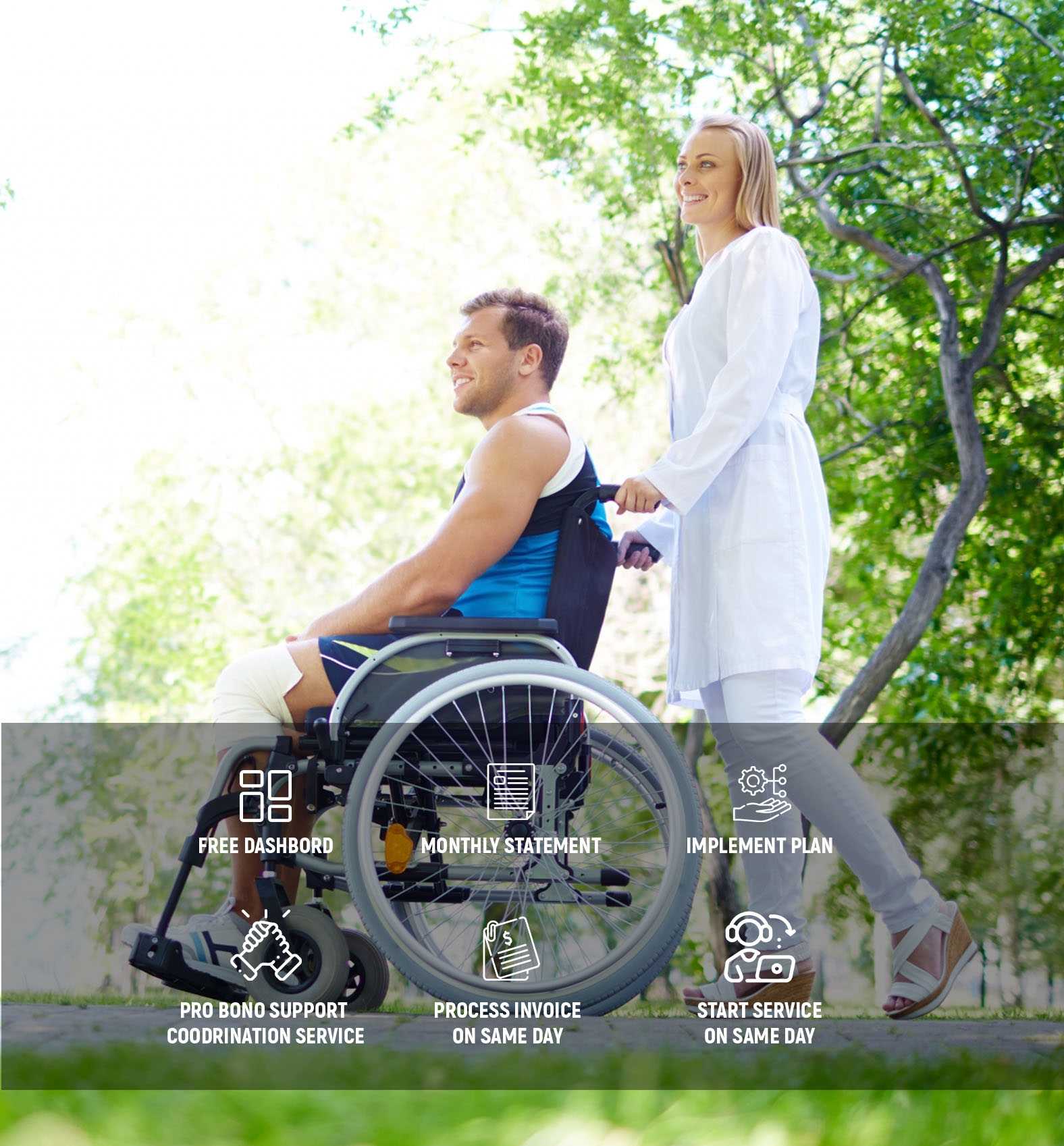What is a support coordination?
The support coordinator plays a vital role within the National Disability Insurance Scheme (NDIS). It is important for people involved in an NDIS plan to consider having a support coordinator working alongside them, managing support services, and supporting them in their life. Think of a support coordinator as a kind of personal NDIS assistant. They are there to help you with your journey through the NDIS and work directly for you. The role of a support coordinator does not replace the functions of a career, parent, family member, or another support worker. Every person has a unique situation and will need additional assistance depending on their circumstances. Support coordinators are your first point of contact when submitting paperwork or addressing concerns you have about your NDIS plan.
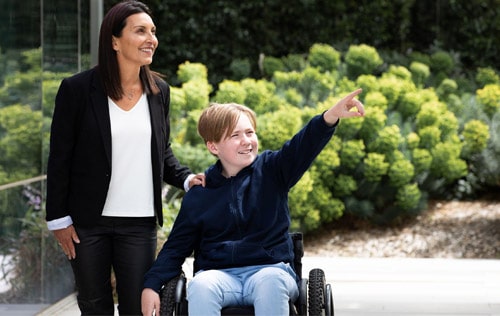
- Connect you with support and community services
- Help you navigate through the different services of the NDIS
- Create and manage your NDIS care plan
- Develop participants to enjoy greater choice and control of their NDIS
- Have conversations with you, your family and carers about your goals
- Assign supports and makes appointments
- Increase your community participation
- Undertake risk management
How do I get Support Coordination in my NDIS Plan?
A support coordinator is an NDIS funded support, and as such, a participant much shows that a support coordinator is a “reasonable and necessary” request. Ideally, you will be able to request a support coordinator from the time you first contact an NDIS Planner. Support coordinators are standard support, but not everyone is entitled to receive funding for it.
Typical scenarios where a support coordinator will be approved is when:
- You are new to the NDIS
- Your support network (family, friends, careers) are not immediately available or have limited capacity
- You have a complicated set of needs
- You require a large amount of funding
- You are in a transitionary period of your life (moving house, starting a new job)

As always, if you are unsure of your eligibility for a support coordinator, speak to your NDIS Planner to see if it would be a good idea for you.
How can a Registered/Unregistered NDIS support coordinatorhelp me?
The NDIS can seem a little overwhelming at times. There are many different services and supports available and navigating it all can be a bit much. A support coordinator aims to help you with this and more. A support coordinator can help link you to your community by building relationships with individuals and services in your vicinity and providing them with information about you and your interests.

A Registered/Unregistered NDIS support coordinator will be able to help you with:
- Creating your NDIS care plan, including providing advice towards ensuring it meets NDIS requirements
- Choosing a support(service) provider that best suits you and the support you need
- Specialized services such as speech therapy or nurse visits
- Advocacy to help navigate the challenges of the NDIS
- Connecting with mainstream services in your local area (such as your doctor, education institutes)
- Working with you when needed to make sure your plan is working
- Allocating funding to your supports
- Negotiating with supports to ensure you get the most out of your NDIS funding.
What are the different types of support coordination funded supports?
Because everyone is different, there are also different levels of support coordination in your NDIS plan. There are three tiers of support coordination available depending on how much or little assistance you’d like:
- Support Connection
- Support Coordination
- Specialist Support Coordination
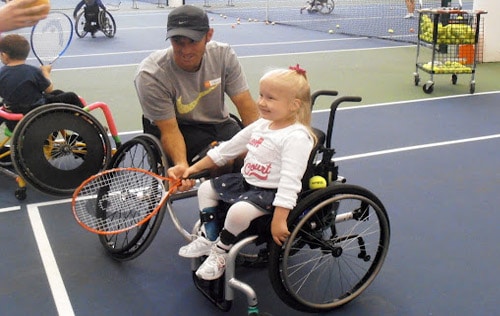
2. Support Coordination:
1. Support Connection:
A short-term version of support coordination is designed to help NDIS participants connect with the right support services available. This means that assistance will be provided in a non-judgmental way to help to identify what kind of support or assistance is most appropriate. They’ll also help the participant connect with informal supports in the community and ultimately get the most out of your funding through careful support consideration.
This level of support builds upon a participant’s capacity within the NDIS and focuses on assessing and coordinating supports. The purpose of this level is to ensure that participants can access and utilize appropriate community and individual services (e.g. medication, occupational therapies, and assistive technology). The support coordinator will liaise with other professionals and informal supports to help the participant connect with the proper support for their needs.
This level of support also includes the participant’s coaching to develop personal relationships within their network better. By encouraging more significant interaction and building communication and resilience, a participant gains greater self-fulfillment.
Other support coordination tasks can include
- Delivering reports to the NDIS about goal and funding progress
- Navigate NDIS Service Providers
- Building more confidence with the participant
- Navigating the complex web of NDIS supports and services
- Maintaining records and essential paperwork
- Preventing crisis scenarios and mitigating risks
3. Specialist Support Coordination:
This level of support coordination applies to participants who have very complex care needs, have a high level of risk, and require a specialist that understands their unique situation. By taking a specialist approach to this level of coordination, the participant can have all of the benefits of expertise and consistency, both of which are vitally important when making decisions about supports in clinical services and complex care scenarios.
Specialist support coordinators will take a holistic approach to design a participant care plan, taking in all factors that may impact them on their NDIS journey. This includes setting goals and planning for budgeting and long-term planning, coordinating with people in your life, and assessing the roles of supports, family members, and the community.
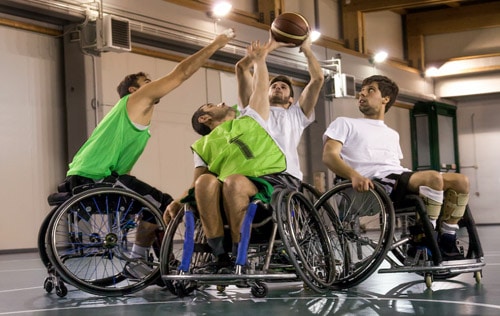
A specialist support coordinator usually conducts an intensive assessment of a participant’s needs and develops a highly customized, specialized care plan that comprises all stakeholders. However, once the evaluations have been conducted and a plan developed, it’s usually referred to another support coordinator or family member to manage. Meaning the participant will only consult with the specialist when necessary and they aren’t always involved in the day-to-day.
Other factors a specialist support coordinator may take care of are
- Reporting to the NDIS on the outcome and being consulted at plan reviews
- Work with the participant to plan and identify the most appropriate supports
- Working with multiple stakeholders to establish a complex care plan
- Help the participant build resilience and greater choice and control
Monitoring service delivery and ensuring supports are implemented as intended
Difference between support coordination and specialist support coordination?

Although there are many similarities between a support coordinator and a specialist support coordinator, they are also quite different. The main difference between the two is that a specialist support coordinator will be a specialist in a given field directly related to the participant’s requirements. Examples of this might be an occupational therapist, speech pathologist, psychologist, or physiotherapist.
A specialist coordinator is usually only needed when a participant has highly complex needs and requires expert knowledge in specific areas. While a support coordinator will have a range of expertise in helping participants manage their care plans and implementing support, they aren’t a specialist in one field.
How to choose NDIS support coordinators?
A support coordinator is a pivotal piece of the NDIS puzzle and is essential to ensuring you get the most out of your funding and reach your goals. So it is necessary to be prepared when looking for a support coordinator. Here are some tips on the qualities of NDIS support coordinators or what you should look out for, questions to ask, and how to make the right decision.
Before you start looking for an NDIS support coordinator, ask yourself what you want from a support coordinator. Do you want one that is trained, experienced, and has a good understanding of the NDIS? Will you need training from this person? Do you want someone who will advocate for you to ensure your voice is heard?
These are important questions to answer before embarking on a search. You can make a list of what your priorities are and then start looking at the possible candidates.
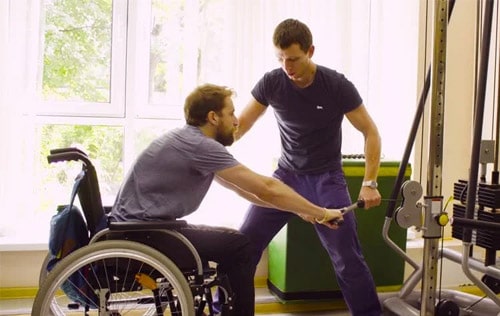
Some factors to consider might be
Working Together
How important is it to you that you and your support coordinator work well together? If it is important, consider meeting them face-to-face and discussing exactly what your relationship will look like.
Experience in your local community
Having a support coordinator with good knowledge of your local area will make it easier to gain information and learn about local services.
Specialist Services
You may need a specific service, for example, a sign language interpreter service or families with complex needs. Consider checking whether your support coordinator has experience working with these types of services.
Objectivity
Will the support worker be willing to act impartially in the best interests of the participant? Often a support worker will be part of an organization that also provides other supports. This, of course, can be great if they have good relationships and know them well, but in some cases, you may be better served by a support worker from another organization.
Choice and Control
As an NDIS participant, you always have the choice to change your support coordinator. It is essential to make sure you will be allowed to choose someone else if you are unhappy with your current support coordinator.

